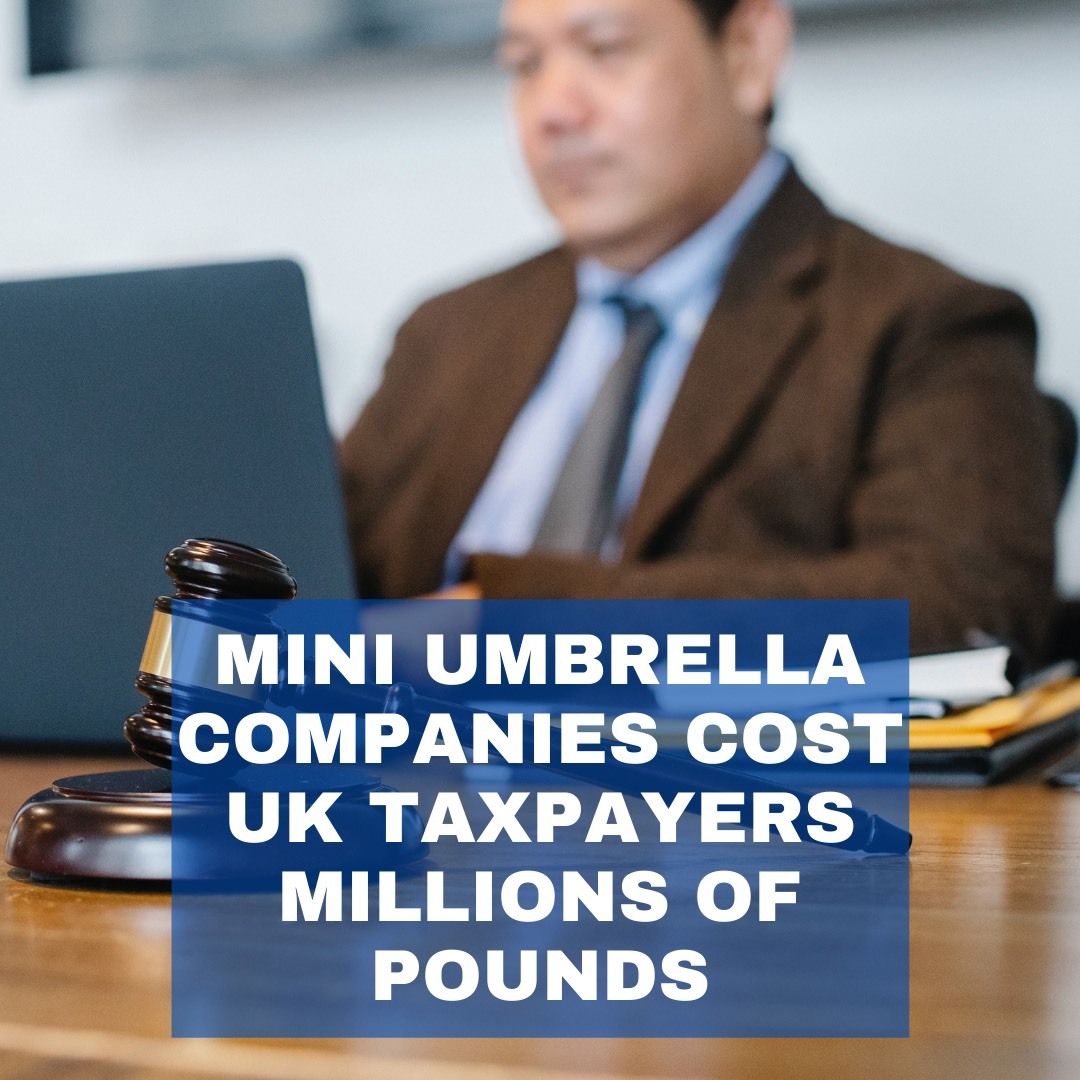The IR35 tax laws, which were first implemented in 2000 and have since been revised, compelled the establishment of the "umbrella company" industry. Umbrella companies were established to help handle and minimise tax costs, but recent research suggests they could be costing the UK millions of pounds.
In late March, it was also revealed that the reforms could push staff into umbrella companies, which are set up as standard limited companies and run by a third party acting as an "employer" on behalf of its contractor employees. These companies may offer cost savings and are often used to minimise IR35 liabilities.
However, the use of these companies has been contentious, with many claiming that it is immoral, if not illegal, to deprive the UK of tax revenue.
The IR35 tax amendments went into effect on April 6, and the new payroll regulations would require businesses to decide the tax status of contractors they employ. Many analysts have cautioned that this would increase prices and damage self-employment opportunities in the future.
This notion has generally proven controversial among contractors, and numerous tax experts, public bodies, and even MPs have called for the sector to be more controlled or eliminated entirely.
BBC report on Monday 10 May 2021
The BBC announced that over 40,000 Filipinos have been hired to represent British businesses as part of mini umbrella companies (MUCs), which are costing the UK millions in lost taxes. These calls may resurface as new data from the BBC reveals that the UK is losing millions of pounds as a result of such schemes.
According to an employee interviewed by the BBC. As the pandemic spread, the employee saw a job posting for a Covid testing site run by G4S near his home. He called an employment agency called HR GO, got the job, and began working as the second wave of infections struck. He says the work was hard, but the pay was fair - £10 per hour. It wasn't until his payslip arrived that he realised something strange was going on. He was not paid by G4S or the organisation that hired him, HR GO. He was instead paid by an organisation he'd never heard of. He looked it up on Companies House and discovered that it had only been founded a month before he started his job - and that its director was from the Philippines.
The company was taking advantage of the government's Employment Allowance by hiring temporary employees through a network of mini umbrella companies, or "MUCs."
HMRC cautioned against them as early as 2015, claiming that schemes designed to take advantage of the Employment Allowance were "too good to be true" and "simply did not work."
File on 4 discovered that tens of thousands of Filipinos from the country's poorest regions are being recruited through Facebook and word of mouth. The only requirements for the job are an internet connection, a cell phone number, an email address, and an ID document. They must go through an online portal operated by a company named Compass Star Limited to review and sign the documents for the British company. Thousands of Filipino-owned businesses are then used to hire staff in the UK, including supply teachers and Covid testers.
This deprives the UK of tax revenue, and a number of analysts have called for action as a result of these results. For accounting and business advice, please contact Persona Finance [enquiries@personalfinance.co.uk].



